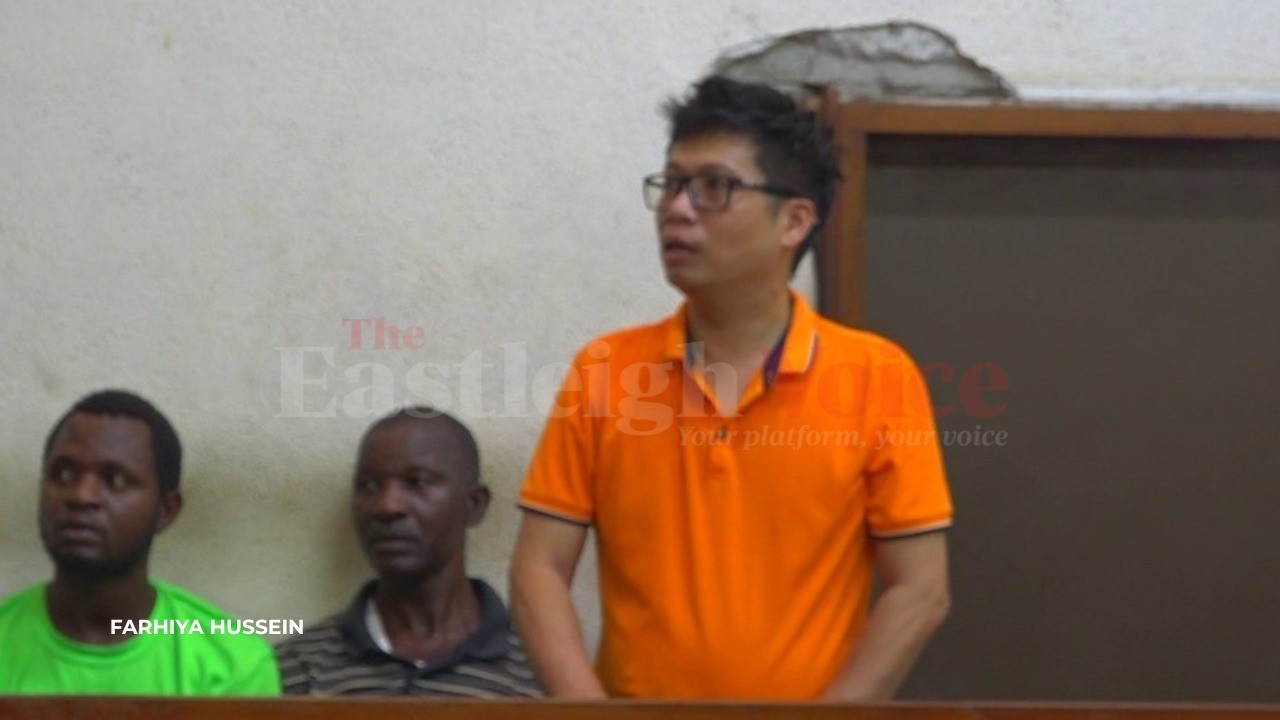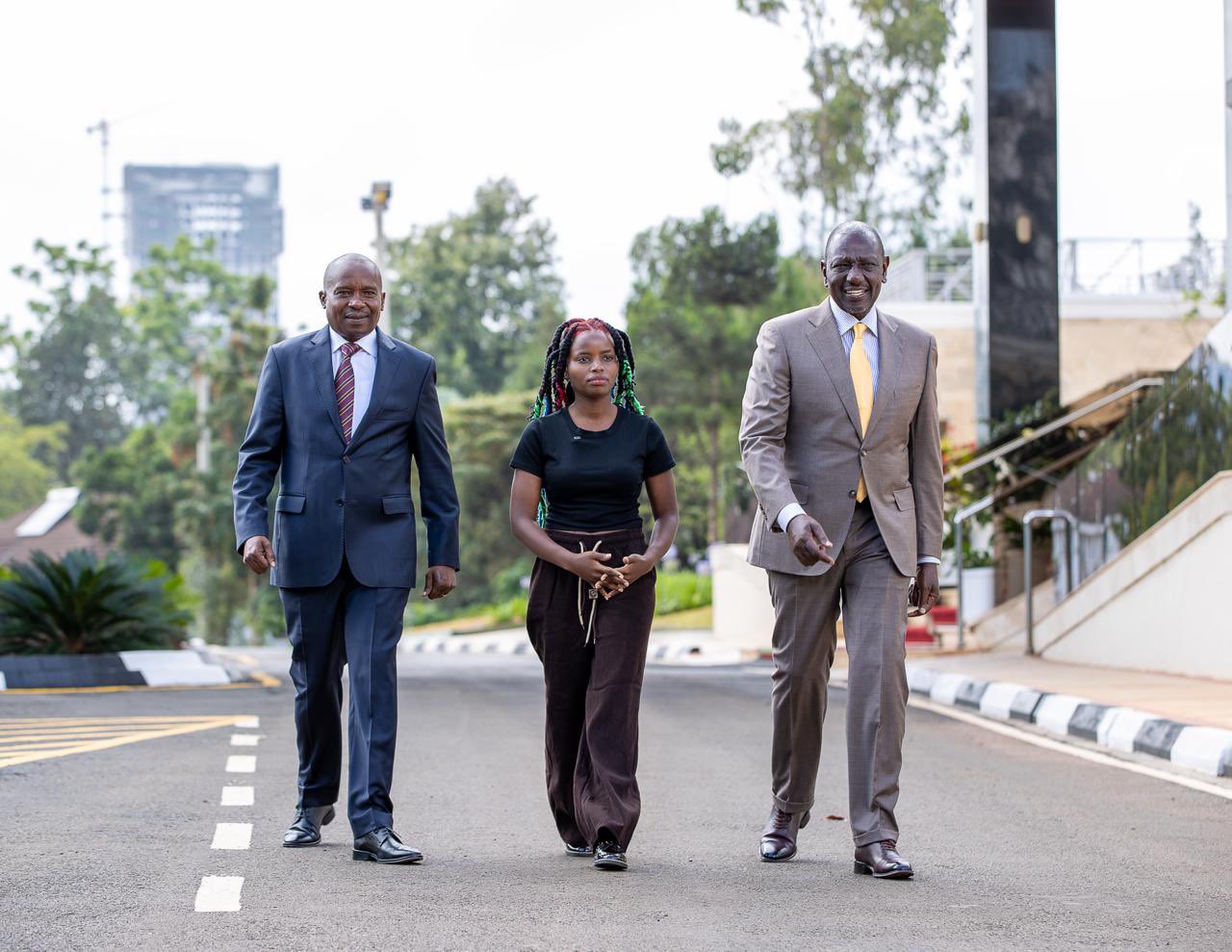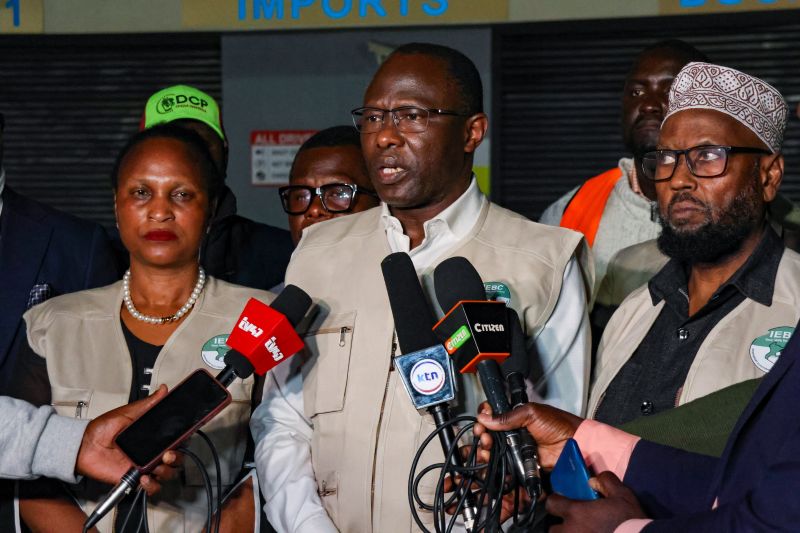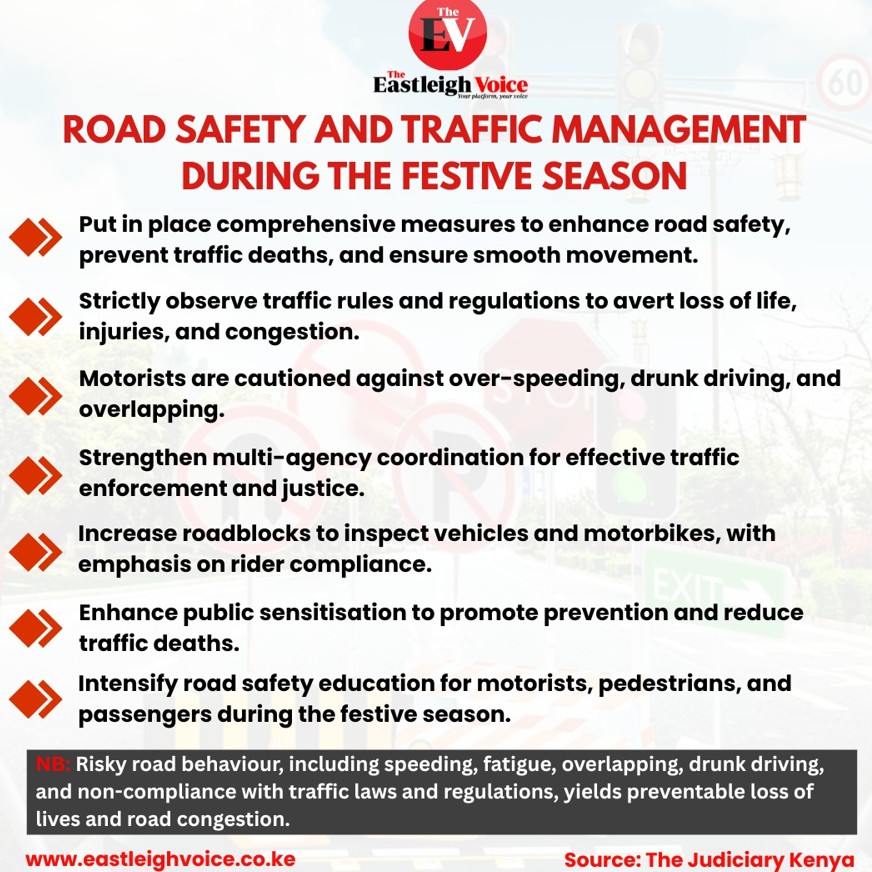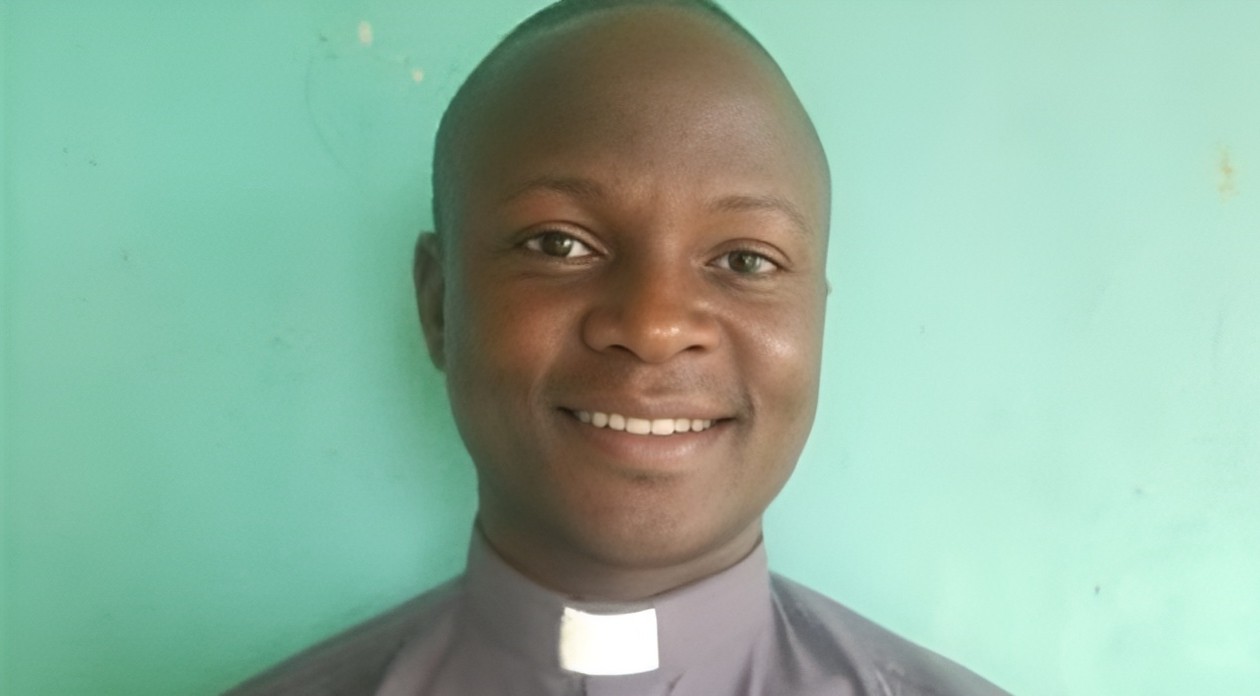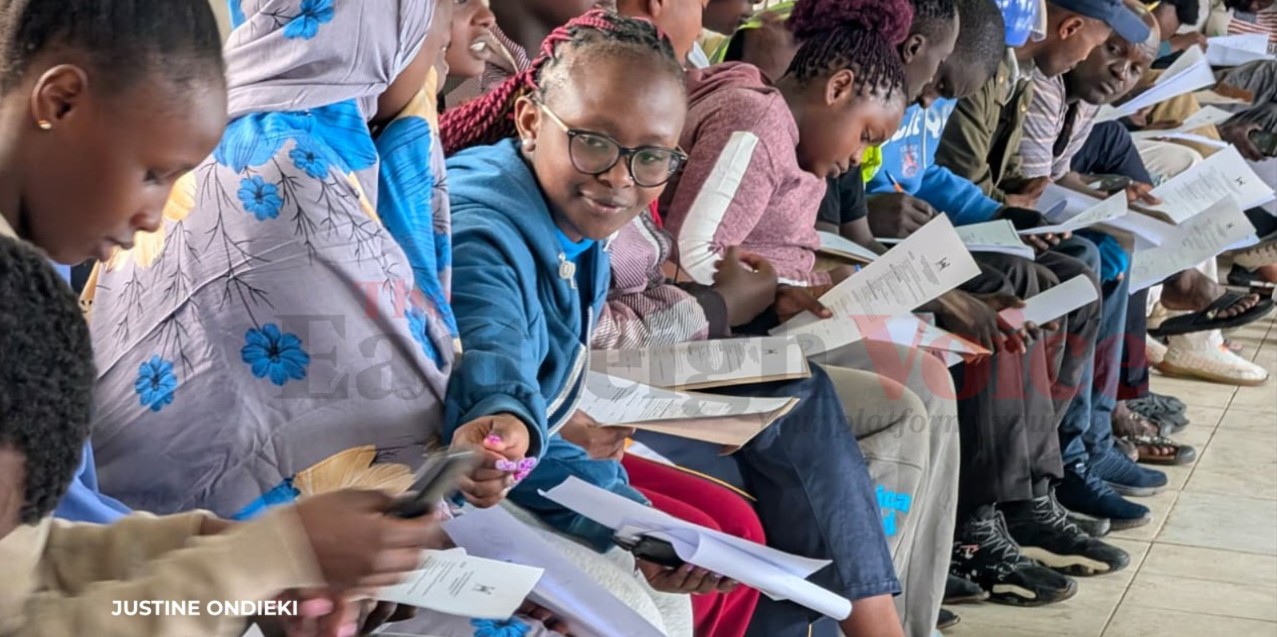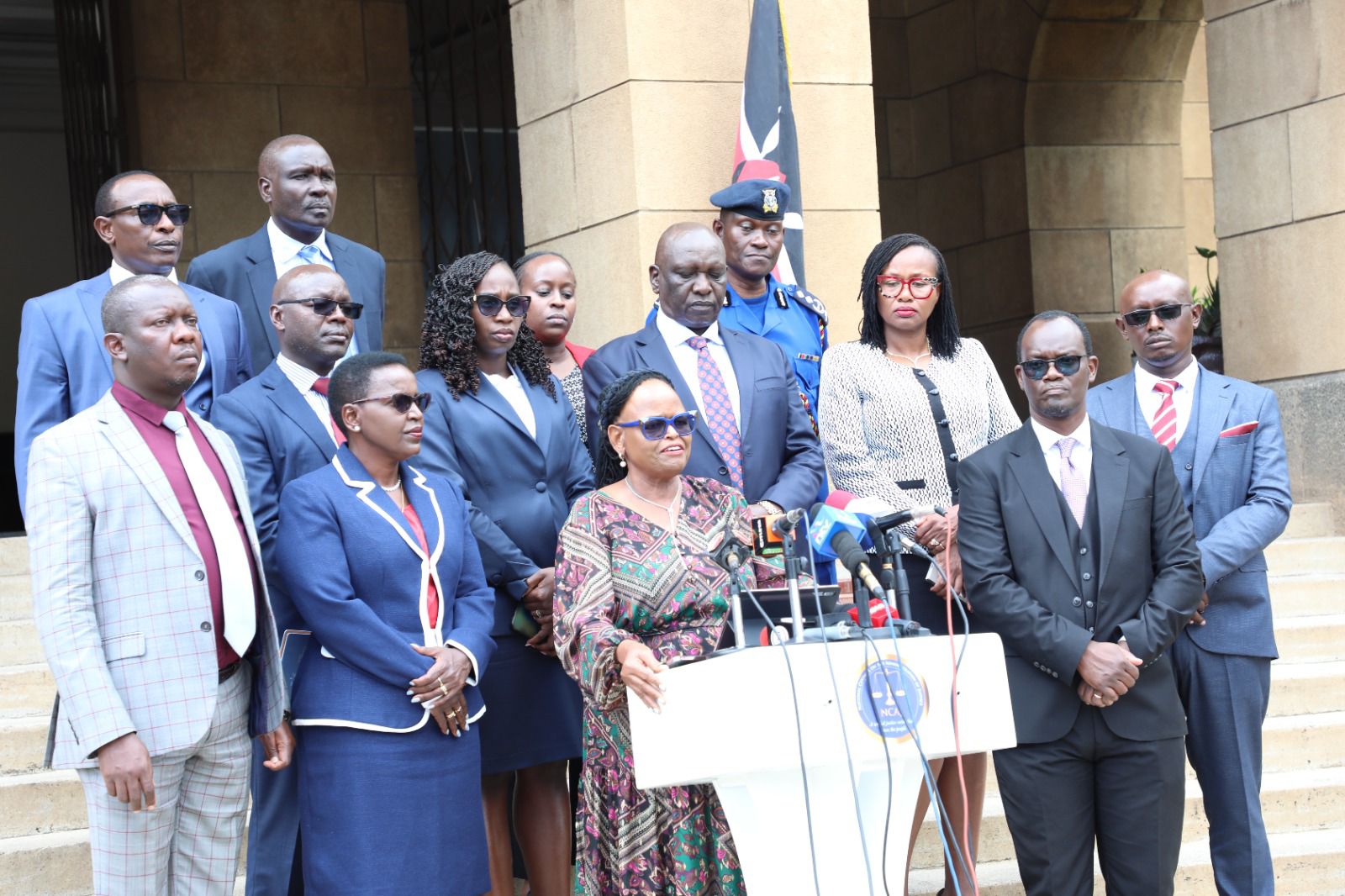Kenyan pilgrims raise concerns over poor Hajj services in Saudi Arabia
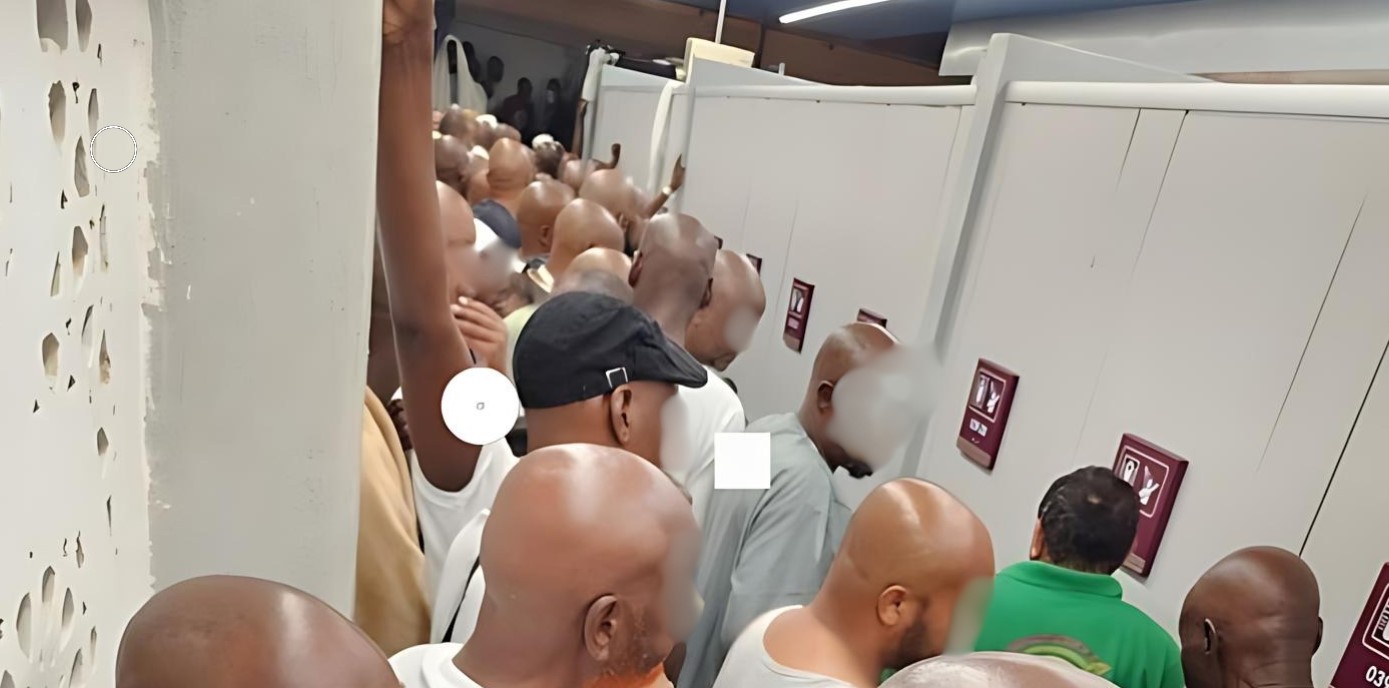
Kenyan pilgrims have complained about unfair treatment, citing crammed living spaces, inadequate bathroom facilities, and high transport costs, issues which some say necessitate reforms.
Kenyan pilgrims have raised concerns over the handling of this year's Hajj pilgrimage in Saudi Arabia, alleging they were offered substandard services, which left them dissatisfied with the experience.
One of their most pressing issues reported was inadequate washrooms, with approximately 3,000 Kenyans forced to share one.
More To Read
- SUPKEM Chair Hassan Ole Naado rejects calls to resign, defends tenure
- Kenyan single mothers in Saudi Arabia urged to register children, collect birth certificates
- SUPKEM refutes claims linking Huruma mosque to affordable housing project
- Faith groups warn Religious Bill violates church-state separation
- Religious leaders reject state bid to regulate faith-based groups, cite threat to worship freedom
- Garissa peace advocates demand end to inter-communal land skirmishes fuelling violence
The Kenyans said this severely inconvenienced them, with the elderly suffering the most as they had to wait in long queues to use the facilities.
A detailed account from a pilgrim, who spoke to The Eastleigh Voice on condition of anonymity, added that Kenyan pilgrims also lacked showers.
"Showering is another issue, but toilets were the biggest problem. Elders were the most affected, as younger pilgrims could travel far to get those services," said the pilgrim.
The source further claimed that more than 400 pilgrims were crammed into each tent at Mina, a number that far exceeded the intended capacity and that hundreds of Kenyan pilgrims were not assigned any spaces.
Transport issues also arose, with the pilgrim saying Kenyans were compelled to pay at least $100 for taxis to move around, while pilgrims from other nations were transported in air-conditioned buses free of charge.
"We used taxis that charged us between $100 and $200 yet pilgrims from other nations were driven around freely on air-conditioned modern buses," he noted.
SUPKEM criticised
Mandera Deputy Governor Ali Maalim publicly condemned the situation, calling for the Supreme Council of Kenya Muslims (SUPKEM) to be held accountable.
In a post on X, Maalim emphasised the need for an investigation into SUPKEM's handling of the pilgrimage, saying, "I implore relevant authorities to investigate SUPKEM and hold it accountable for this failure. It is time to consider forming a more effective entity and restoring our nation's honour.”
SUPKEM is responsible for planning, negotiating, and executing Hajj arrangements for Kenyans in Saudi Arabia.
In responding to Maalim’s remarks, SUPKEM Chairman Hassan Ole Naado denied that the organisation has any influence in assigning the pilgrims spaces in the holy sites.
"SUPKEM doesn't allocate Hujjaj locations and tents in the holy sites. That is the role of the Ministry of Hajj and UMRA of Saudi Arabia.”
In response to a comment by an X user, Hassan also broke down the costs and said, "Of all these, SUPKEM’s role is leadership and remitting funds through bank transfers to the Ministry of Hajj & UMRA and the company for Muttawiffs, who [in] turn will pay other service providers. Hotels and airlines are done by the registered Hajj agents [sic]."
The cost of hajj is informed by the following: exchange rate (KES - USD); levies charged by the Kingdom of Saudi Arabia that include insurance, visa, location and tents in the holy sites, local transport and air tickets. Of all these, SUPKEM’s role is leadership and remitting… https://t.co/h5cZckfok4
— Hassan Ole Naado (@OleNaado) June 17, 2024
Consulate in Jeddah
To improve the support provided to its pilgrims, Kenya opened a consulate in Jeddah, Saudi Arabia, in March and appointed Aden Mohamud Mohamed as the consul-general.
The consulate, located in the Red Sea port city that serves as a modern commercial hub and gateway to the Islamic holy cities of Mecca and Medina, was opened to facilitate travel for Kenyan Muslims, especially during the Hajj pilgrimage.
This decision followed a spot-check last May, of the Kenyan embassy in Riyadh, by the parliamentary Committee on Defence, Intelligence, and Foreign Relations.
The significant distance of approximately 1,000 kilometers between Riyadh and Jeddah prompted the committee to recommend the establishment of the Jeddah consulate.
Its report, released last August and obtained by The Eastleigh Voice, emphasised the strategic importance of the office.
"The rationale is that Saudi Arabia is a critical place for those who profess the Islamic faith and the two mosques, Mecca and Madinah, are on that route. Other countries like Uganda, Somalia, and Ethiopia have consulates in Jeddah," the report stated.
Hajj, an annual pilgrimage to Mecca, is a mandatory religious duty for Muslims. It must be carried out at least once in a lifetime by all adult Muslims who are physically and financially capable of undertaking the journey and supporting their families in their absence.
The pilgrimage attracts millions of Muslims around the world, making efficient and effective management crucial to ensuring the well-being of all participants. The issues Kenyan pilgrims have raised this year have resulted in broader questions about the adequacy of current arrangements and the need for reforms.
Before you go, how about joining our vibrant TikTok and YouTube communities for exciting video stories?
Top Stories Today




